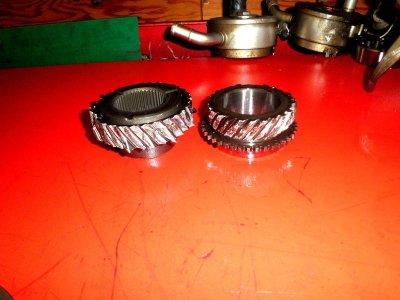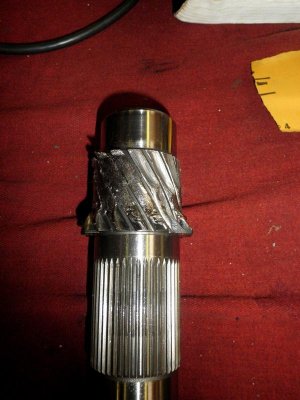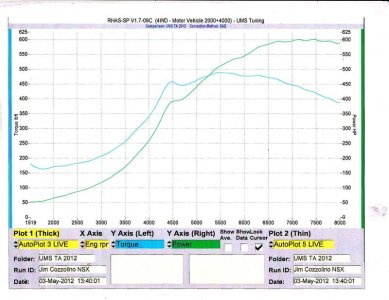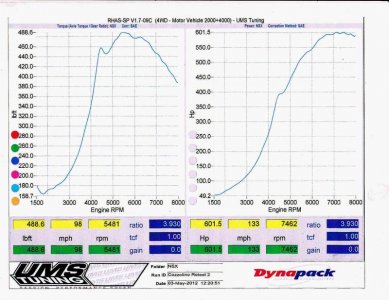There are many things to consider when tracking a car but one of the main things to think about is power delivery. Anyone utilizing 400whp on the track in a NSX will have the potential to be very fast. Much more than 400whp and you now have the power to go very quick in the corners and defend against the 600hp vetts and vipers in the straights.
Power delivery in a Positive Displacement SC is very linear, they are easier to tune, and are very predictable on varying throttle inputs. Those are the PROs the CONs are well noted on this site but the biggy is heat, and lots of it, with very few options for getting it out of the system. If you plan on tracking your car a lot heat is the biggest factor in power and reliability you are going to face. You need to take steps to cool the IAT's, ECT, Oil temp
Power delivery in a single turbo is less linear, it will make higher peak HP and most likely higher TQ at almost every RPM once spooled. The main challenge is to make sure the turbo can spool quick enough to be at peak boost and stable before VTec. Big single turbos in general are more of a challenge to tune as well over the SC, but smaller twins act much more like an SC in lower and mid RPM range, for this reason alone I chose to go twin. You will spend much less time in transitions between boost and no boost due to the quick spooling ability of twins, factor in Variable Vane Turbos and in my mind there is no advantage at all in the SC. Turbos are easier to cool the IATs, this is key to keeping the car cooler and helping to keep ECTs low and OIL temps low. Turbos place the added system weight at or below the cars center of gravity, they have less or equal maintenance, and are much easier to change power levels to suit any given track or track condition. What are you going to do in your 500whp SC when it rains, with a turbo you can flip a switch or turn a knob and be at 300whp or what if you can not get around that guy in the vette on every lap driving around with you front bumper attached to his rear bumper for 80% of a lap, then on the long main straight he opens up 5+ car lengths on you. Wouldn’t it be cool to have a car that will increase boost based on the gear your in, or a button on the wheel you can push to pass. All of this is not only possible with a turbo it is easy to implement, it can be very complicated to do with an SC.
The Turbo for me was the logical choice, Twin Variable Vane Turbos was the best choice. I have been tracking my Twin Turbo setup for two years and 25+ track days. I have had three NSX and tracked them all, in NA, SC and now Turbos. I can tell you my twins are as linear as the CTSC are much easier to maintain and service then the CTSC car, are really the best compromise between track and street driving. I could not be happier and I would guess that many of these same characteristics would hold true for just about any properly sized and tuned Twin Turbo system on a NSX.
Lots to think about and cost is another factor in the single vs twin designs. All twins are going to cost more than a single and Variable Vane twins is going to be the most expensive of all the systems.
Dave












